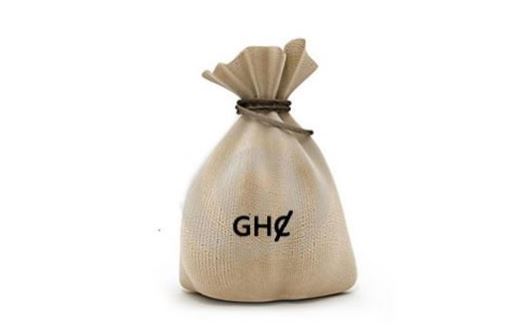The Public Interest and Accountability Committee (PIAC) has urged the Ministry of Finance to desist from regularly drawing down the Ghana Stabilization Fund (GSF).
The Committee, in its semi-annual report, said the GSF should be left to grow – to better position it to serve its purpose of shoring-up Annual Budget Funding Amount (ABFA) expenditure when there are revenue shortfalls in the budget.
Although the GSF is meant to cushion against shortfalls in the budget, 87 percent of the US$714 million withdrawn from the Fund between 2014 and 2018 went into debt servicing; a practice the Committee has consistently kicked against.
The latest call comes after PIAC found that an amount of GH¢129.26million, representing five percent of the budgeted ABFA, was allocated to the budget following the Supreme Court decision in the case of Kpodo and Another versus Attorney-General that the District Assemblies Common Fund (DACF) be added to recipients of the ABFA.
Notwithstanding the allocation, it said there was no disbursement to the DACF in the first half of the year.
“Instead of withdrawing from the Ghana Stabilization Fund, government utilized an amount of GH¢40.17million from the Treasury Main Account to shore-up the ABFA in the first quarter,” it said.
It further recommends to the Ministry of Finance that there is a need for the Supreme Court decision on funding of the DACF with petroleum revenues to find expression in the Petroleum Revenue Management Act (PRMA), which is being reviewed, with the necessary provisions; as is the case with the ABFA and Ghana Infrastructure Investment Fund.
Even though the PRMA allows the Minister for Finance to place a cap on the GSF, PIAC -which acts as a public watchdog over the use and management of oil revenue – said the fund should be grown to serve its purpose of shoring-up shortfalls in the budget.
This, the report added, will enhance direct implementation and monitoring of ABFA-funded projects at the subnational level.
Government lowered the cap of the Stabilization Fund in 2019 to US$100million from a previous US$300million in order to use any excess for catering to coronavirus-related expenditure, as the pandemic heavily impacted domestic revenue mobilization due to reduced economic activity.
But former Finance Minister Seth Terkper has called on government to restore the Fund to its previous cap.
In an interview with B&FT in April this year, he said with the highly anticipated recovery of both global and local economies from the pandemic, especially as the vaccine roll-out is proving successful in many countries – and with crude oil price also picking up from its lows – it is time to restore the fund to its appropriate cap.
“We should ensure that the cap is restored appropriately so that we can put more money in the Sinking Fund for the next crisis; because no country can manage its economy for two or three years without expecting that there will be no crisis at all, whether minor or major,” he said.







